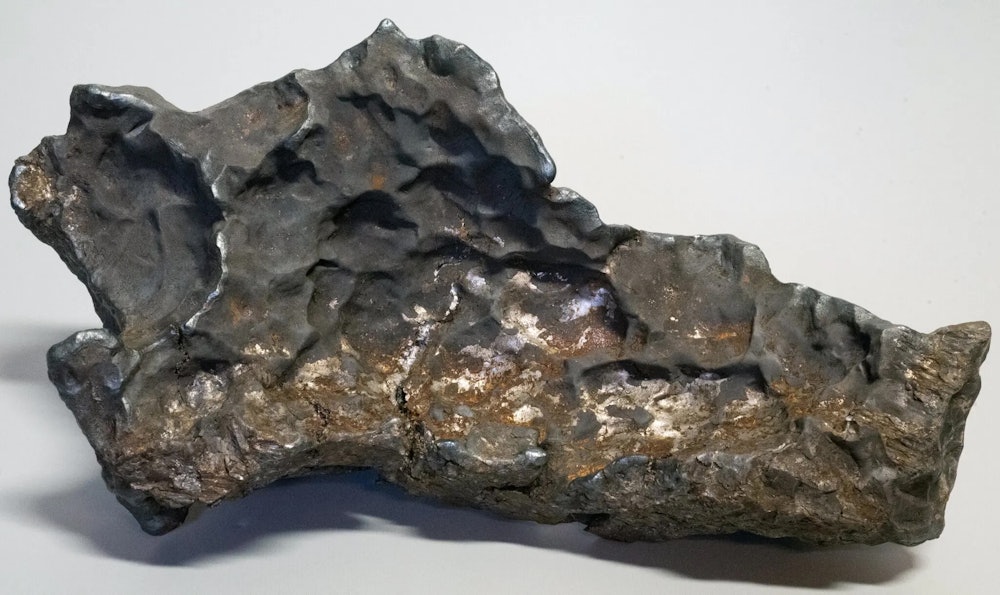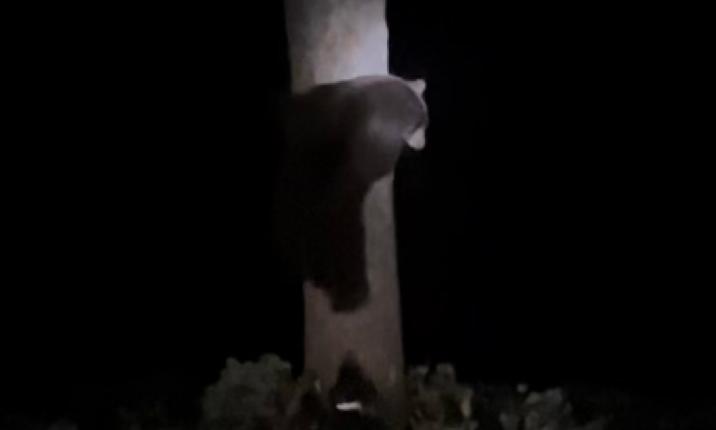Last week, this column asked if space contains threats to people on earth. A few days later, the Sunday edition of the New York Times carried a story from Sweden about a large, “fresh fall” meteorite (discovered after weeks of search in 2020 by a geologist who had set-up cameras to detect falling meteorites) becoming a legal issue when the owner of the land where the ancient chunk of iron rock came to rest claimed ownership. In 2022, the Uppsala District Court ruled in favor of the geologist deciding, “A newly fallen meteorite is not part of the property on which it landed.” Last Thursday, however, an appeals court in Stockholm ruled in favor of the land owner, saying Sweden’s long-standing concept of “Allemansratten” - the right of everyone to use nature, including the acts of hiking, biking, and camping on private property - does not apply to immovable property (houses and land). Meanwhile, laws concerning the ownership of meteorites vary around the world. In France or Morocco, the finder is the keeper. In Denmark, the state takes possession. Here, courts have long decreed meteorites to be the property of the person owning the surface where they are found. However, if a meteorite falls on public land then the Bureau of Land Management has jurisdiction, but their current protocol allows casual surface collection (up to ten pounds of meteorite specimens per person per year). There is no limit for scientific or commercial collection but, first, you have to secure a permit from the BLM.If a Meteorite Falls to Earth, Who Owns It?
 Source: New York Times/Andreas Forsberg/Swedish Museum of Natural History
Source: New York Times/Andreas Forsberg/Swedish Museum of Natural History
Featured Articles

Two Plead Guilty to Poaching and Animal Cruelty Charges →
December 30, 2025
Two men face penalties for illegal hunting activities in Sierra County.
Fish and Wildlife Plans to Collar More Deer, Elk, and Wolves →
December 30, 2025
DWR Conducts First Snow Survey of the 2025-2026 Season →
December 31, 2025
Storms Bring Heavy Rainfall and Local Disruptions →
December 22, 2025
Sierra Hardware Plans Extensive Repairs After Flood Damage →
December 8, 2025
